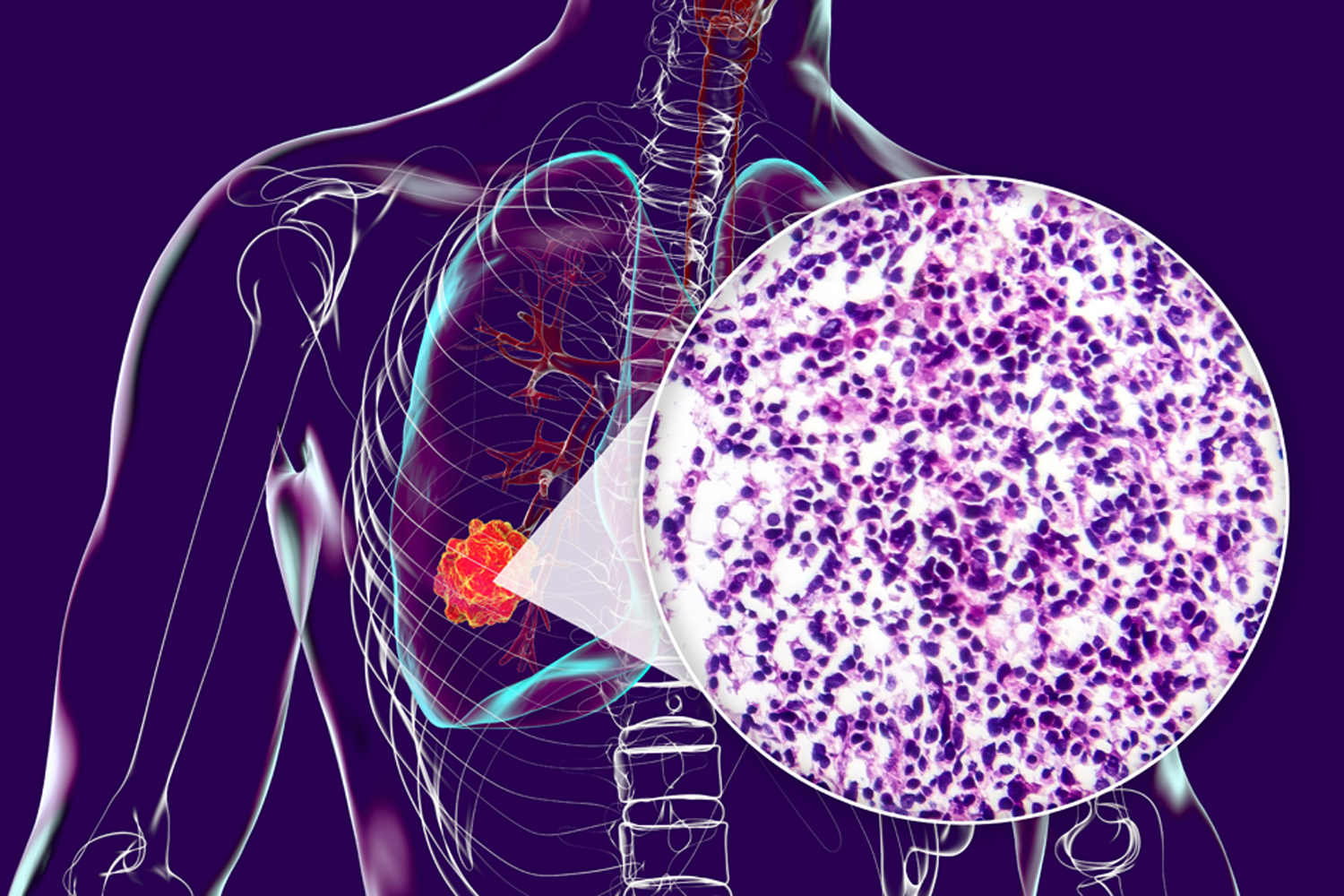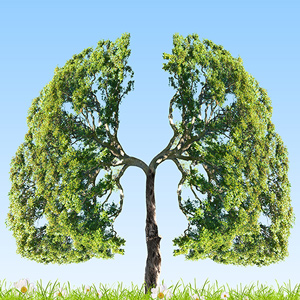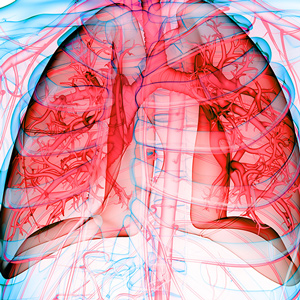-
Forward Look
What’s Next? Fall 2021Oncolytic viruses to treat pediatric glioma.
by Natalie Slivinski
-
Forward Look
Cancer MisinformationBad advice shared online can have a negative effect, even if it's not followed.
by Erin O'Donnell
-
Forward Look
Putting Data to WorkResearchers create breast cancer prediction models tailored for Asian Americans.
by Bradley Jones
-
Forward Look
Spotlight on Small Cell Lung CancerTreatments for small cell lung cancer have remained virtually the same for decades. Now, experts say that hope is on the horizon.
by Isobel Whitcomb
-
Rethinking Clinical Trials
Could changes spurred by safety concerns during the pandemic make clinical trials more accessible to patients?
by Charlotte Huff
-
Facts and Stats
Looking Closely at Lung CancerWhile there are many kinds of lung cancer, screening recommendations are standard across the board.
by Bradley Jones
-
Healthy Habits
An Alternative to MeatAre new plant-based meat alternatives a better way to satisfy burger cravings?
by Erin O’Donnell
-
September 10: The Week in Cancer News
9/11 first responders' cancer survival compares favorably to the general population, and a study identifies different mutational signatures in lung cancers from never-smokers
by Marci A. Landsmann
-
An Emerging Treatment for Metastatic Prostate Cancer
A drug that delivers radioactive particles to prostate cancer cells increases overall survival for metastatic castration-resistant prostate cancer.
by Pamela Rafalow Grossman
-
August 27: The Week in Cancer News
Regular exercise can help mitigate cognitive problems associated with chemotherapy, and researchers learn more about the link between cholesterol and cancer.
by Bradley Jones
Cancer Talk
Treatment Combination Improves Survival in EGFR-positive Lung Cancer
Adding chemotherapy to targeted therapy improves outcomes for people with advanced EGFR-positive non-small cell lung cancer.
by Sandra Gordon
Lessons From 20 Years Living With CancerMultiple myeloma survivor Jonathan Gluck reflects on uncertainty, and the scientific progress that has kept him living with cancer for more than two decades.
by Eric Fitzsimmons
The Enduring Importance of Cancer Disparities ResearchOpening session from AACR conference highlights how perseverance and adversity have informed cancer disparities research over the years.
by Eric Fitzsimmons
Most Cancer Survivors Don’t Meet Healthy Diet GoalsDespite research linking fruits and vegetables to cancer survival, many people do not change their eating habits after diagnosis.
by Darlene Dobkowski















